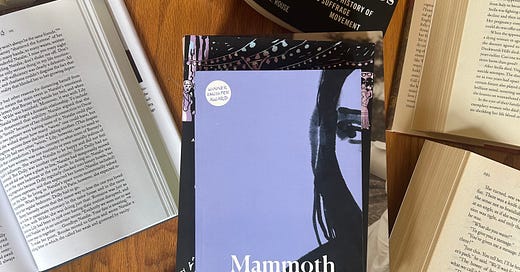“As far as I was concerned, the job market, the legal one anyway, was a scam. When I worked for someone else, I gave them the most precious thing I had, more precious than my time or body, more precious than the meaning of the word itself: my dignity. Every time I signed a contract or agreed to a trial period, I got the sense I was selling myself to an intermediary who confiscated my passport and got fat at my expense. As I rode the metro home one evening, tired after a long day of killing lice and picking nits from the heads of pre-schoolers, I felt nostalgic for my university days. It was a journey to weakness that made me keenly aware of the power of exhaustion. People can be persuaded to do just about anything when they’re exhausted. Eight, nine, ten straight hours of work for a lousy paycheck can reduce anyone to survival mode. You lose the ability to think of anything but the basics: hunkering down in one place for as long as it takes to eat and then, when the day is done, shelt…
© 2025 𝙅𝙤 ⚢📖🏳️🌈
Substack is the home for great culture




